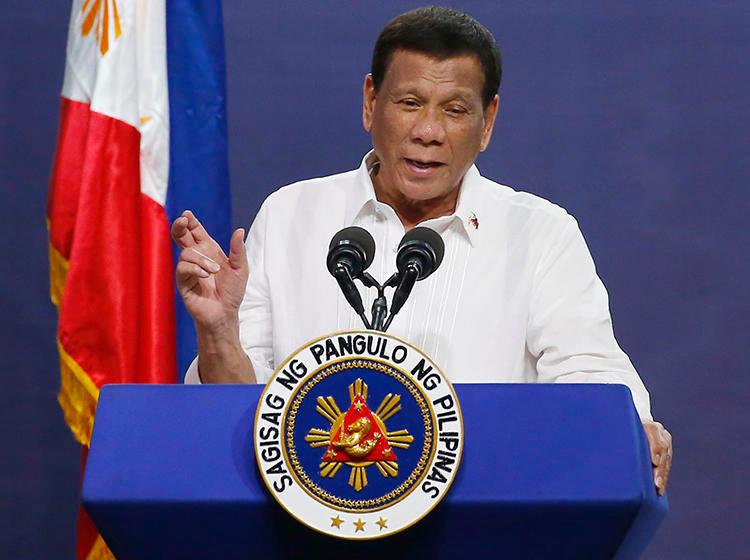Philippine President Rodrigo Duterte on Friday signed an anti-terrorism law that critics warned could stifle political dissent and lead to more human rights violations.
According to the presidential spokesman Harry Roque, the signing of the Anti-Terrorism Act of 2020 demonstrates Philippine’s commitment to stamp out terrorism, plagueing the country for a long time.
Roque added that terrorism had also caused unimaginable grief and horror to many people in the country.
The law criminalises incitement of terrorism by means of speeches, proclamations, writings, emblems, banners or other representations.
It also allows the detention of suspects for up to 24 days without formal charges and empowers an anti-terrorism council to designate individuals or groups as suspected terrorists who could be arrested and surveilled.
The signing came as Muslim leaders in the conflict-ridden Southern region of Mindanao urged Duterte to veto the law, fearing that it would lead to abuse, especially against Muslim Filipinos.
Roque, however, said the concerns were unfounded, adding that the piece of legislation was against terrorists and terrorism and not against a particular regional or ethnic group.
However, Human Rights Watch lamented the law will “significantly worsen” the human rights situation in the Philippines.
According to the the group’s Deputy Asia Director, Phil Robertson, by signing the anti-terrorism bill into law, President Duterte has pushed Philippines democracy into an abyss.
“The anti-terrorism law will give a green light to the systematic targeting of political critics and opponents, as well as ordinary Filipinos who dare to speak out,” he said.



